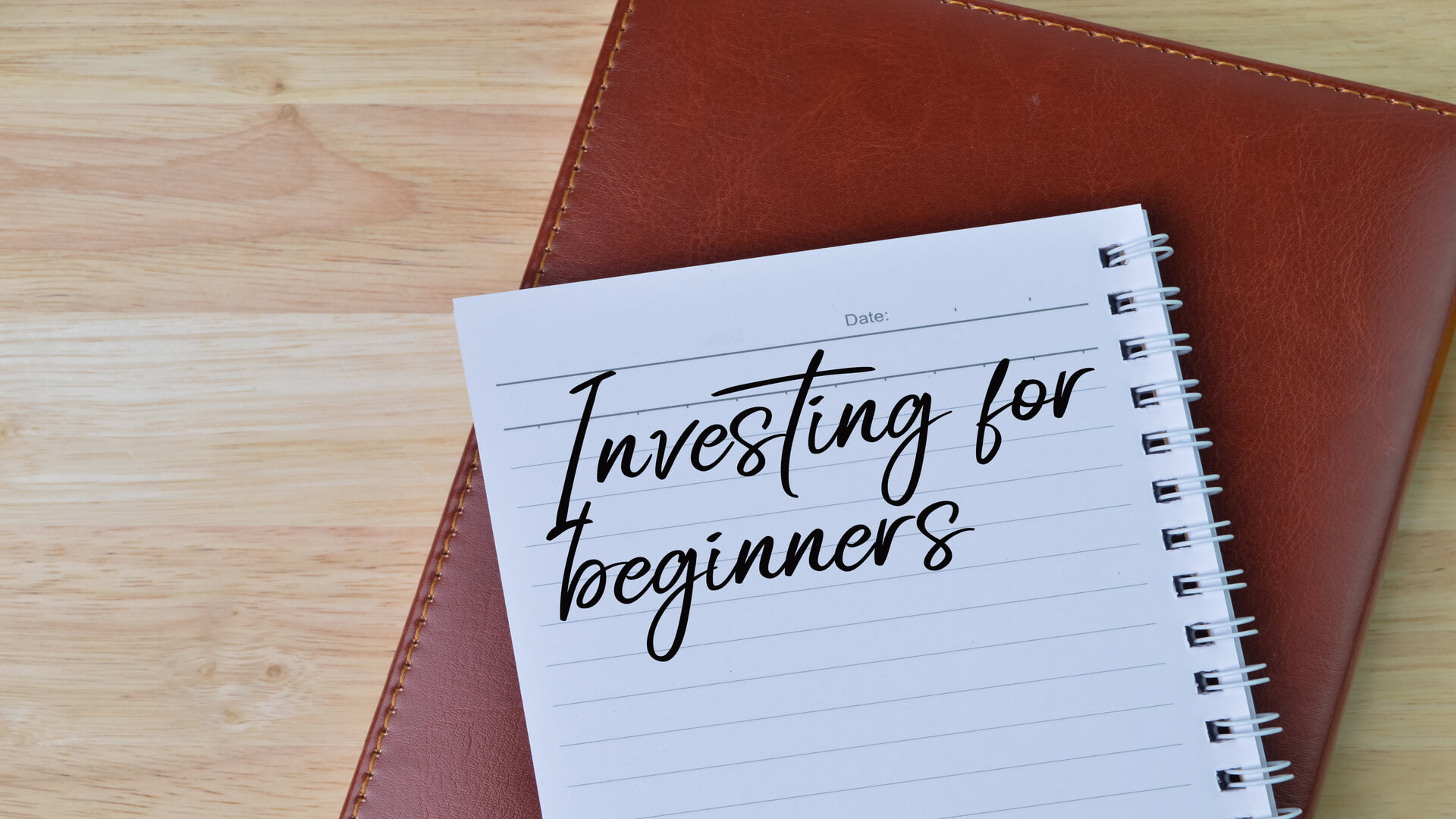
Do you dream of pursuing a career in investing but are unsure where to start?
Lets start with the basics
Investments. A broad term that can be used to describe the purchase of a large form of collateral, such as a house or other class of asset. Or smaller item investments can also be used to describe a luxury watch, a prime example of this is when an Air Force Vet purchased a ‘Cosmograph Daytona Oyster Rolex’ back in 1974 for $350, later to find out the exact model is now worth $700,000 in 2020.
However big or small you want to start your investment journey, as long as you’re prepared to make a long-term commitment your life goals are achievable.
Although investing can increase your wealth whilst staying ahead of inflation, there are always risks involved with ANY investment – which is why it’s important to diversify your portfolio.
Putting this in simpler terms: increase your chances by dividing your capital into various opportunities covering diverse and alternative markets.
Do you need a minimum amount to invest with?
To become a retail investor you can start out with under £1000, which you can build on over time. Although most private equity or pre-IPO opportunities have a required minimum investment amount. The offering entity also have to ensure they have enough assets under management (AUM) to achieve their investment goals and cover overheads.
Broaden your horizons
If you’re a seasoned or more experienced investor, you may feel passionate about stocks and bonds, but have you considered private equity investment opportunities? These have outperformed the traditional investment asset classes this year.
In a FundRise report titled “Why Private Markets Outperform Traditional Publicly-Traded Stocks and Bonds” it concludes how the evidence strongly supports the view that an allocation of 15% or more of a portfolio to private [investments] leads to higher returns and should be taken seriously by all investors.
Be prepared for risk
All investments involve some degree of risk. If you intend to purchase securities – such as stocks, bonds, or mutual funds – it’s important that you understand before you invest that you could lose some or all of your money. … The reward for taking on risk is the potential for a greater investment return.
Don’t sell at the first sign of profits!
It’s a wise tactic to allow your investments time to mature as they will likely continue to increase. It is however advised to exit a trade in decline as soon as you can. If you follow this rule, the money you make on your positive investments will far outpace any failed opportunities.
Keep your finger on the pulse
If you’re going to pursue a full-time career in investing you will need to access analytical industry insights and keep informed regarding new opportunities or evolving market conditions. Platforms such as Investopedia, Forbes, Bloomberg to name a few will keep you well informed.
The more you learn, the more you earn…
Not only can you interact with digital platforms and even turn on your notifications to receive regular updates… reading some world-renowned books that feature some of the most successful entrepreneurs will help. Investment books are a key element of your personal development and can develop a money-making mindset.
Some of the most popular books for a guide to investment:
Rich Dad Poor Dad (1997) by Robert Kiyosaki
The Essays of Warren Buffett: Lessons for Corporate America
Beating the Street (1993) by Peter Lynch
The Intelligent Investor (1949) by Benjamin Graham
Think and Grow Rich (1937) by Napoleon Hill
If you want to invest, educating yourself is a key part of that process. To conclude, anyone can become an investor, starting small and begin progressing into new markets is always a good place to start.


























